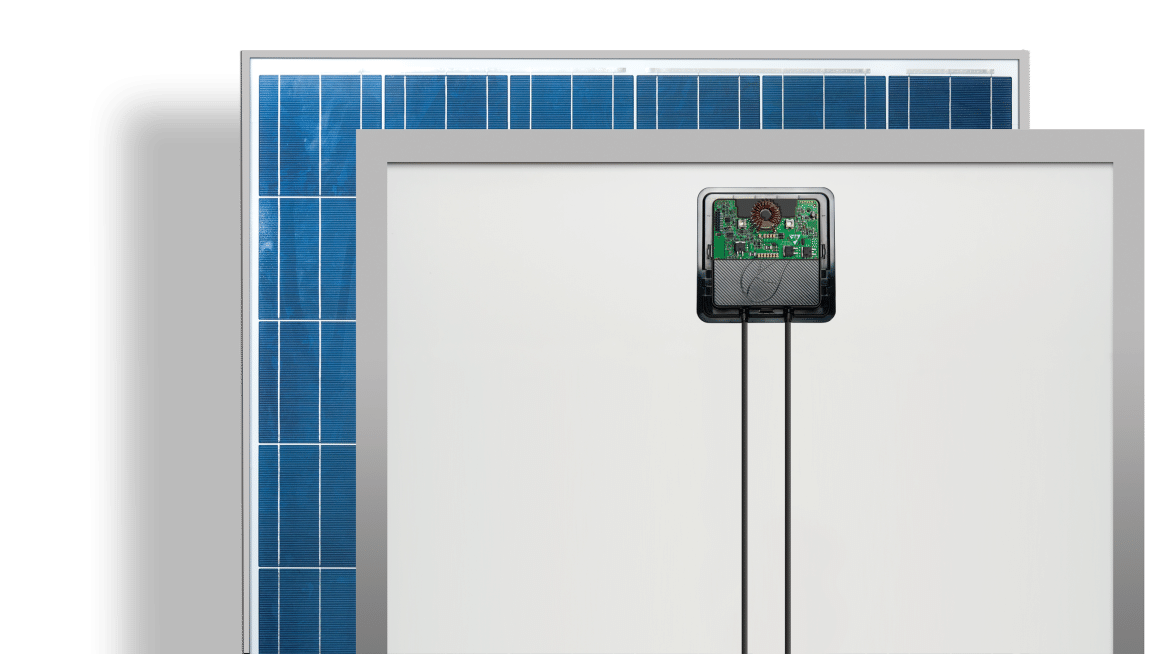
Why Use a Power Optimizer?
The most important factors in any PV project are Performance, Predictability, and Profitability; of course there are the significant environmental benefits, but costs and efficiency drive a homeowner’s or business’ decision whether to install a solar system or not. For most projects, using either micro-inverters or power optimizers greatly improves a project’s Levelized Cost of Energy. Both micro-inverters and power optimizers improve a module’s, and an array’s, performance because they allow module mismatch, track MPPT of each module, and improve the monitoring and tracking of the system.
In 2013 manufacturers shipped more than 1,000 MW of micro-inverters versus about 500 MW of power optimizer. However, for some PV systems power optimizers can be a better alternative for three reasons.
- Power Optimizers harvest more energy than micro-inverters. The efficiency of Power Optimizers and central inverters are higher than micro inverters. Power Optimizers derate the module less than micro-inverters because they are smaller and generate less heat. They also have wider operating ranges and higher DC inputs than a micro-inverter.
- Power Optimizers add an additional safety feature and help comply with electrical code. In case of AC loss, power optimizers can reduce the system’s voltage to less than 70 less than 10 seconds. SolarEdge Power Optimizers not only detect arches, but they also eliminate them. Another SolarEdge feature in DC systems is the push-down feature, which micro-inverters do not have included.
- Power Optimizers offer more design options. On single-phase systems for Enphase micro inverters the maximum string length is 17 while Power Optimizers allow 25 modules. Power Optimizers are also more scalable because the only additional cost is the optimizer while micro inverters have EBOM and the micro-inverter.

The numbers demonstrate that micro-inverters have an excellent niche and their installations will increase. Advantages micro-inverters have on string inverters, thus power optimizers, are that they are easier to install and they do not rely on a central inverter. In-case of a module or inverter failure, micro-inverters make handling warranty questions easier to resolve. On smaller projects, micro-inverters hardware costs will be less than Power Optimizers. However, Power Optimizers are the best alternative for installers, and users, that like having a central inverter and want to maximize their systems power. Power Optimizers also improve the profitability for larger PV systems. Each PV project is different. Even if installers have more experience using micro-inverters, they should weigh Power Optimizers’ short-term and long-term costs and benefits.
